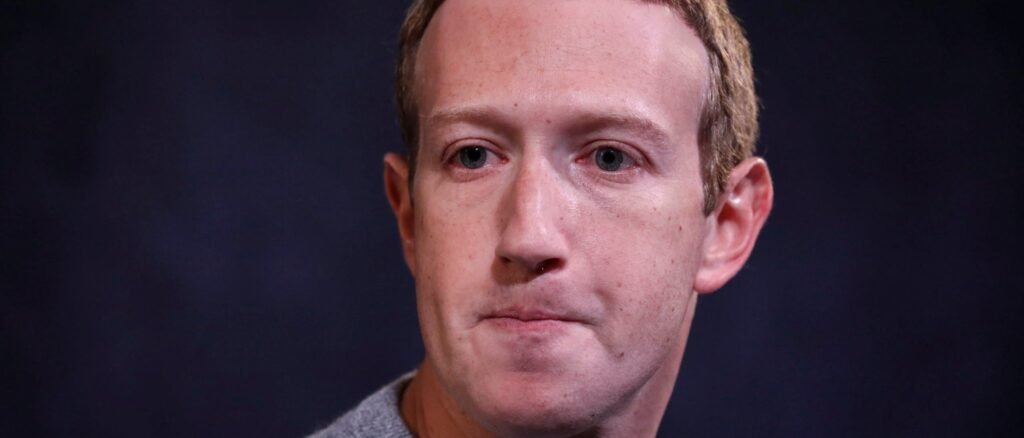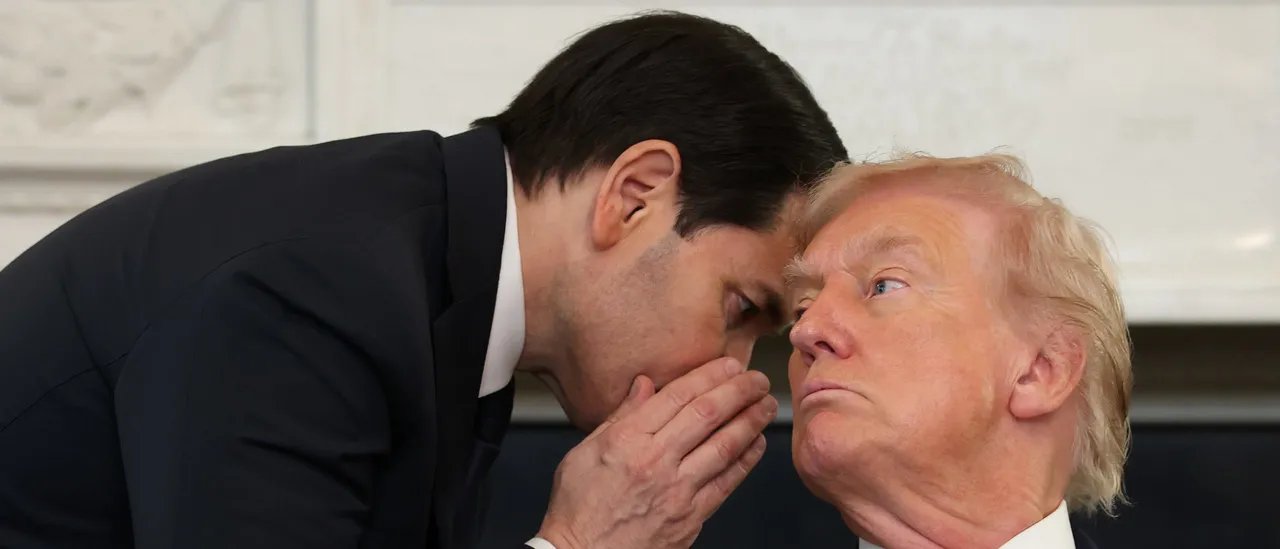Mark Zuckerberg expressed regret on Monday that Facebook had caved in to pressure from the Biden-Harris administration to censor content.
Zuckerberg said, letter Zuckerberg told House Judiciary Committee Chairman Jim Jordan that Biden administration officials had “repeatedly pressured” his team to throttle COVID-19-related content that it otherwise would not have restricted, and expressed frustration when Facebook did not agree. Zuckerberg told Jordan that he felt strongly that Facebook should not compromise its standards “as a result of any pressure from the administration.”
“I think the government pressure was misguided and I regret that we weren't more vocal about it,” Zuckerberg wrote. “I also think that, with hindsight and new information, we made some choices that we wouldn't have made today.”
Zuckerberg wrote that Facebook was “ready to fight back if this happens again.” (Related: Supreme Court sides with Biden administration in landmark censorship case)
Mark Zuckerberg acknowledged three things:
1. The Biden-Harris Administration has “pressured” Facebook to censor Americans.
2. Facebook censors Americans.
3. Facebook suppressed the story about Hunter Biden's laptop.
A huge victory for free speech. pic.twitter.com/ALlbZd9l6K
— House Judiciary Committee Republicans 🇺🇸🇺🇸🇺🇸 (@JudiciaryGOP) August 26, 2024
In his letter, Zuckerberg also acknowledged that Facebook should not have censored the New York Post article about Hunter Biden's laptop, and noted that the FBI had warned Facebook “about a possible Russian disinformation operation regarding the Biden family and Burisma leading up to the 2020 election.”
“That fall, we New York Post “When we wrote a story reporting on corruption allegations against the family of then-Democratic presidential candidate Joe Biden, we sent the story to a fact-checker for review and temporarily downgraded it while we waited for a response,” he wrote. “It later became clear that the report was not Russian disinformation, but in retrospect, we should not have downgraded the story.”
Zuckerberg wrote that Facebook would “no longer temporarily downgrade content in the US while we wait for fact checkers.”
The Supreme Court ruled in June that state and individual plaintiffs who challenged the Biden administration's censorship of speech were not parties to the suit because they had failed to prove a clear link between government pressure and the platforms' actions.
“Plaintiffs assert their alleged past government censorship as evidence of the likelihood of future censorship,” Justice Amy Coney Barrett wrote in her majority opinion in Marcy v. Missouri. “But by and large, they fail to connect past social media restrictions to their communications with the defendants' platforms. Thus, past events do little to establish plaintiffs' right to seek an injunction to prevent future harm.”
Obtained documents Litigation The scope of this government effort has become clear as the Centers for Disease Control and Prevention (CDC) has flagged posts for removal and the White House has asked companies to censor specific individuals, including Tucker Carlson and Robert F. Kennedy Jr., for their comments about vaccines.
As an independent, nonpartisan news service, all content produced by the Daily Caller News Foundation is available free of charge to any legitimate news publisher with a large readership. All republished articles must include our logo, reporter byline, and affiliation with the DCNF. If you have any questions about our guidelines or partnering with us, please contact us at licensing@dailycallernewsfoundation.org.







